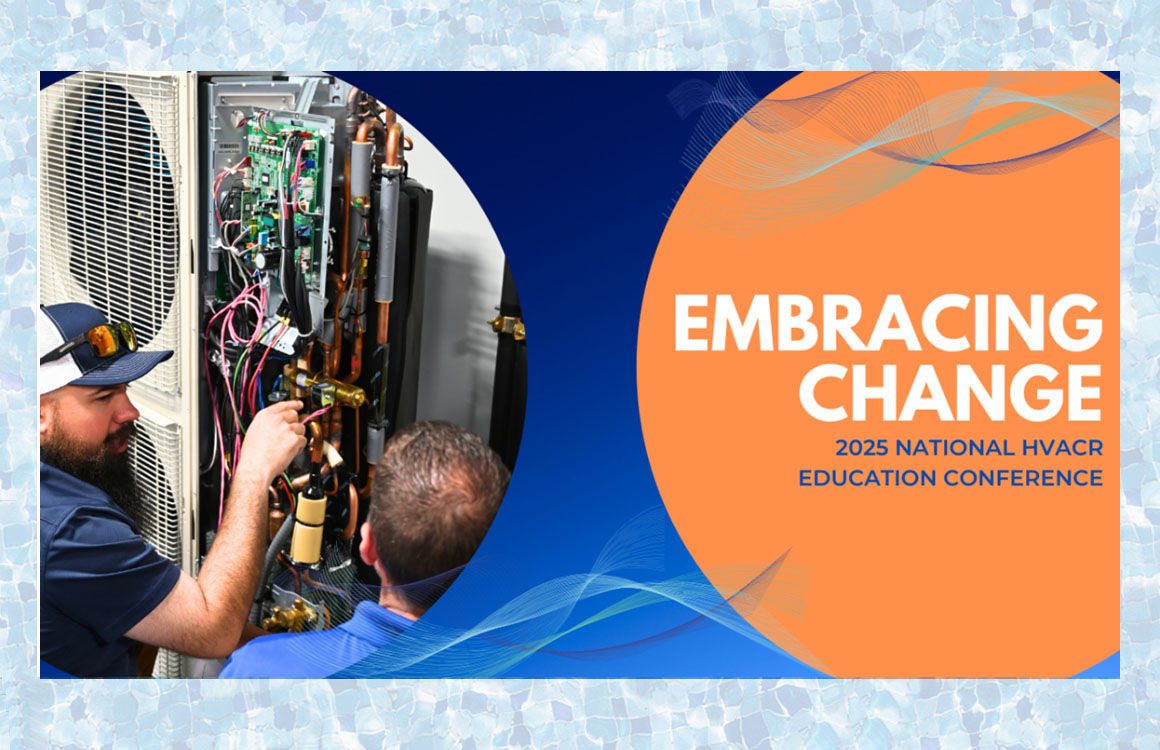
Editorial
System Efficiency Is More Important Than GWP
By Jordan Smith, globalFACT Executive Director
Global warming potential, or GWP, is at the heart of the HVACR industry’s “green” conversation. Today’s operators know all about the pressures they face to lower GWP to reduce environmental impacts.

But how is the impact of GWP being framed? Lower GWP leads to lower carbon emissions. Across the world, operators are relying on this simple equation to make critical business decisions. If you use a lower GWP refrigerant, you can minimize environmental impact. Is it really that simple?
For many busy operators, the answer is “they hope so.” Digging deep into system operations to improve efficiency is daunting. But a straightforward directive like “lower your GWP” is simple. And simple solutions are enticing, especially when they are proven to work. Without a doubt, converting to a lower GWP refrigerant can help a business meet its environmental goals. But importantly, it’s not the only way to meet those goals. In fact, it’s not even the best way.
First, stopping leaks is critical. Refrigerant GWP is only harmful to the environment if it leaks. In other words, if it does not leak, a refrigerant’s GWP has no environmental impact whatsoever. What matters more—and it matters regardless of leak rate—is energy consumption. For residential systems, leaks account for as much as 3% of a system’s total environmental impact. Indirect emissions from energy consumption account for 97% or more.
Next, reducing leaks is closely tied to system efficiency. A leaky system that contains less than a full charge will run less efficiently. Inefficient systems consume more energy, resulting in increased carbon-equivalent emissions. Put simply, the increased efficiency of a low-leak system goes much farther in reducing carbon impact than merely switching to a lower GWP refrigerant.
Third, the more a refrigeration system leaks, the more energy it consumes. For a store with a leaky CO2 system, the indirect emissions will nullify any environmental benefit of the refrigerant’s low GWP. CO2 transcritical systems rely on high pressure, requiring specialized and complicated controls. This added complexity increases the likelihood of system inefficiencies. Coupled with a high leak rate, supermarket CO2 systems everywhere are positioned to generate outsized carbon impact. You are better off using a conventional system that is easier to operate and maintain.
Fourth, proper installation is critical for efficiency. Poorly installed HVACR systems lose as much as 40% of their expected efficiency. The climate impact of this poor installation is double the impact of a properly installed system that leaked 100% of its refrigerant—regardless of the refrigerant’s GWP.
Finally, leak rates don’t magically improve over time. Without proper attention, leaks can get worse. Addressing them head on and quickly will reduce direct emissions and, more importantly, reduce indirect emissions by way of increased system efficiency.
There is no question that GWP matters and that the industry should be supporting all efforts to invent and test new, lower GWP solutions. However, GWP is not the only piece of the carbon impact equation.
Frankly, it’s not even the most important piece. Operators should focus on improving system efficiency, including reducing leaks. The environment, the industry, and your wallet will thank you for it.
About the Author
Jordan Smith has served as Executive Director of the Global Forum for Advanced Climate Technologies (globalFACT) since its inception in early 2018. He has over 20 years of experience providing public policy advice and representation on federal legislative and regulatory issues, with special emphasis on energy, environmental, natural resource, and healthcare matters. Mr. Smith’s experience includes developing and leading education and advocacy coalitions central to some of the most challenging public policy debates in the U.S. and across the globe. globalFACT promotes education, awareness, and policies that support the important role of new-generation, low- and reduced-global warming potential (GWP) advanced climate technologies in protecting the environment, while meeting the rapidly increasing demand for safe alternatives. For more information, please visit globalFACT.org and join our email list.














